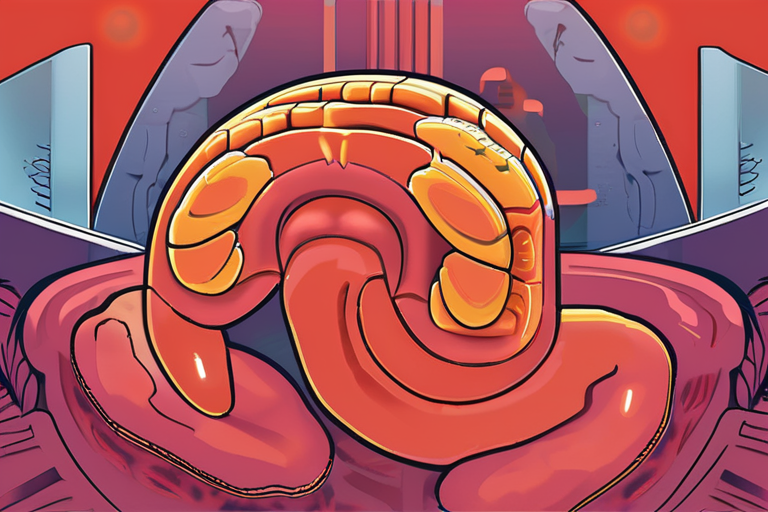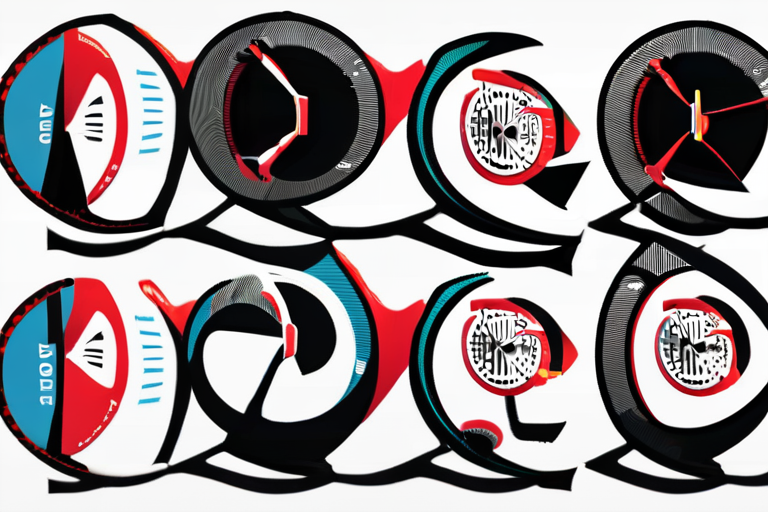For decades, millions of people worldwide have struggled with the uncomfortable and often debilitating symptoms of chronic constipation. Despite the abundance of advice to "eat more fiber," many have found little relief from the persistent discomfort, bloating, and digestive issues that come with it. But what if the conventional wisdom was wrong? What if the key to constipation relief lay not in the usual suspects, but in a trio of unexpected foods: kiwifruit, rye bread, and mineral-rich water?
A team of researchers at King's College London has made a groundbreaking discovery that challenges the long-held notion that fiber is the sole solution to constipation. After conducting a comprehensive review of existing research and analyzing data from over 15,000 participants, the team has developed the first evidence-based dietary guidelines specifically for adults living with chronic constipation. And the results are nothing short of revolutionary.
According to the guidelines, kiwifruit, rye bread, and mineral-rich water are among the top foods that can help alleviate constipation symptoms. Kiwifruit, in particular, stands out for its unique combination of fiber, water content, and digestive enzymes that help break down proteins and stimulate bowel movements. Rye bread, rich in a type of fiber called arabinoxylan, has been shown to improve gut health and promote regular bowel movements. Mineral-rich water, on the other hand, helps to replenish essential electrolytes and fluids that are often lost due to constipation.
But what about the usual suspects – fiber-rich foods like psyllium, probiotics, and magnesium oxide? While these supplements have been touted as constipation remedies for years, the King's College London study found that they, too, have a role to play in alleviating symptoms. However, the researchers emphasize that these supplements should be used in conjunction with a balanced diet that includes the three key foods mentioned above.
The implications of this research are far-reaching. For millions of people worldwide, constipation is a daily struggle that affects not just their physical health but also their mental well-being. By providing a clear and evidence-based guide to constipation relief, the King's College London team is empowering patients and clinicians alike to take control of their digestive health.
"We're not just talking about a quick fix or a magic bullet," says Dr. Emma Derbyshire, a researcher on the project. "We're talking about a comprehensive approach to constipation management that takes into account the complex interplay between diet, gut health, and overall well-being."
The guidelines also highlight the importance of self-management and high-quality evidence in constipation care. By providing practical tools and resources for patients and clinicians, the researchers aim to reduce the stigma surrounding constipation and promote a more holistic approach to digestive health.
As the world grapples with the growing burden of chronic diseases, the King's College London study offers a beacon of hope for those struggling with constipation. By challenging conventional wisdom and embracing a more nuanced understanding of digestive health, we may finally be able to find real relief from this debilitating condition.
The researchers' findings have significant implications for the development of new treatments and therapies for constipation. As Dr. Derbyshire notes, "This study shows that there's still so much to learn about the complex relationships between diet, gut health, and digestive function. We're excited to continue exploring these connections and developing new solutions for people living with constipation."
For now, the message is clear: forget fiber, and try kiwifruit, rye bread, and mineral-rich water instead. It may just be the key to unlocking a more comfortable, more confident you.


























